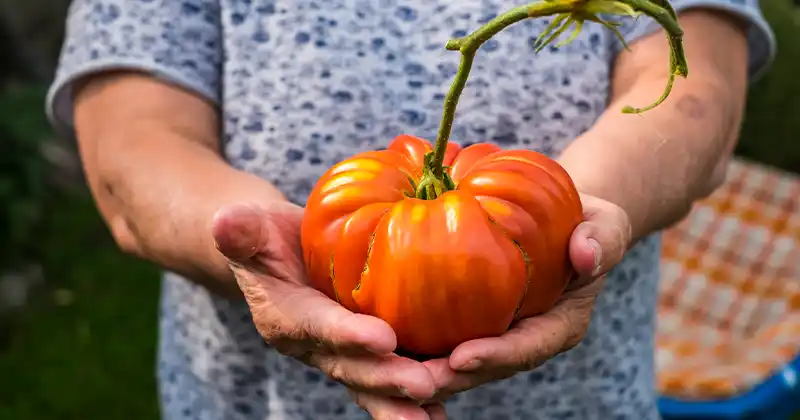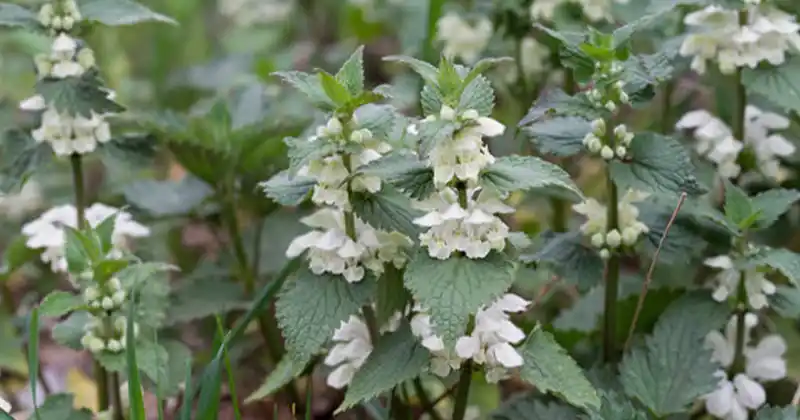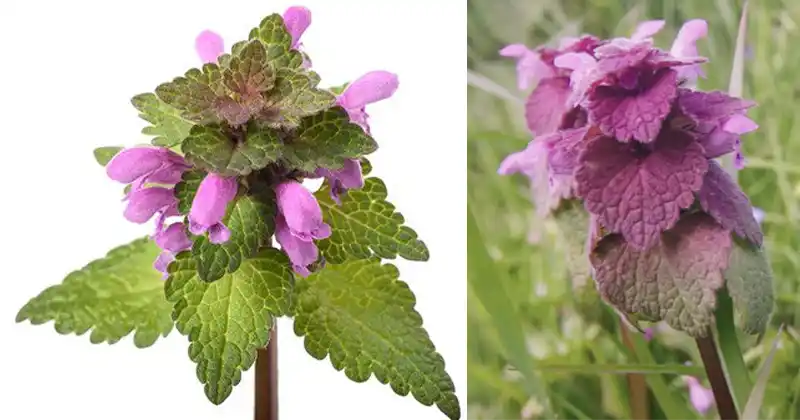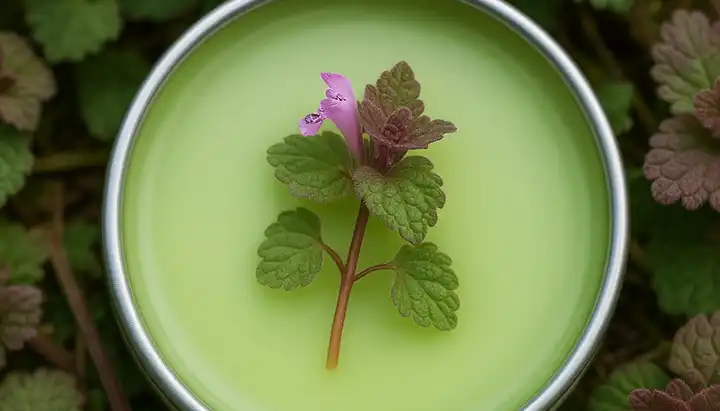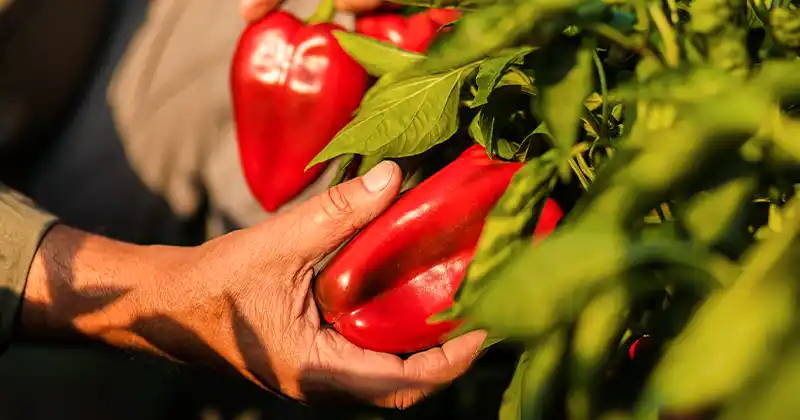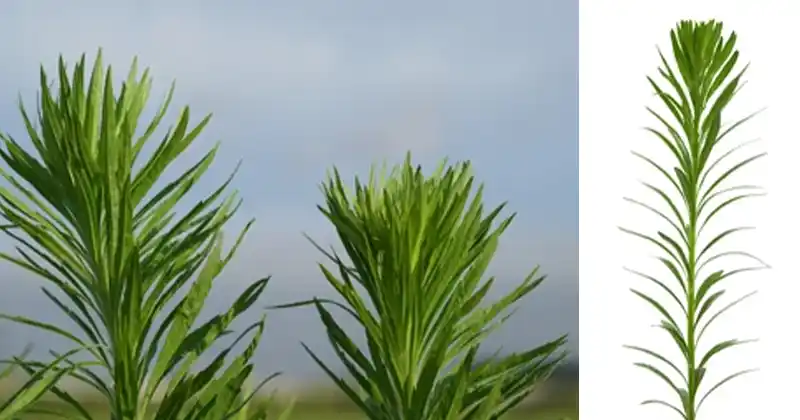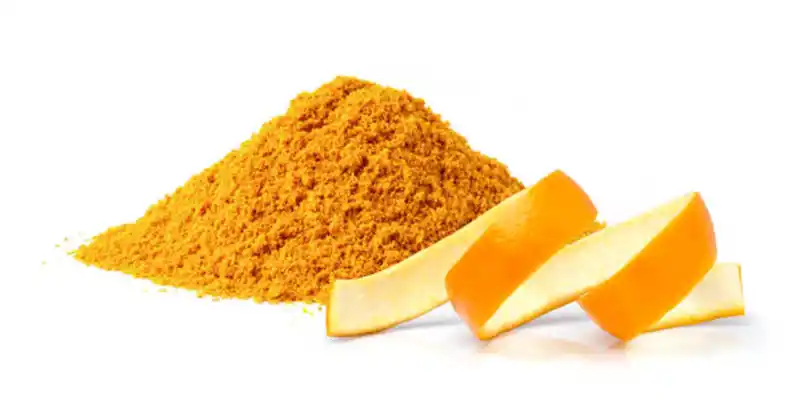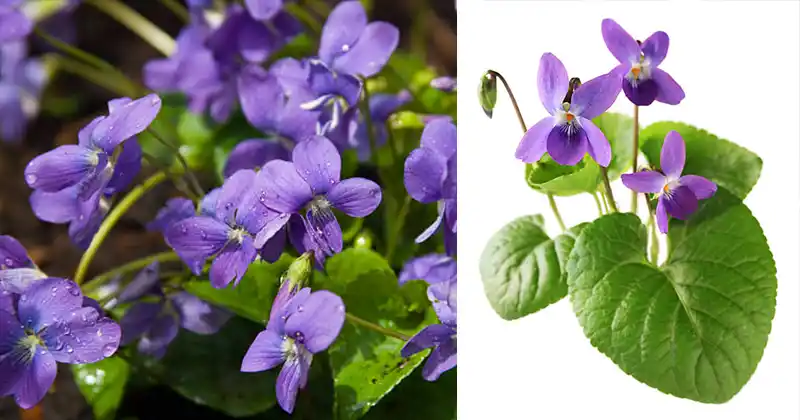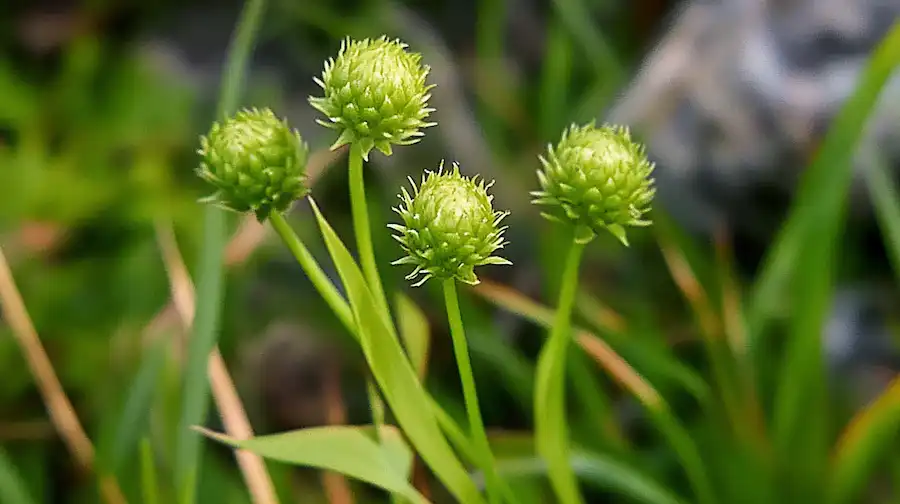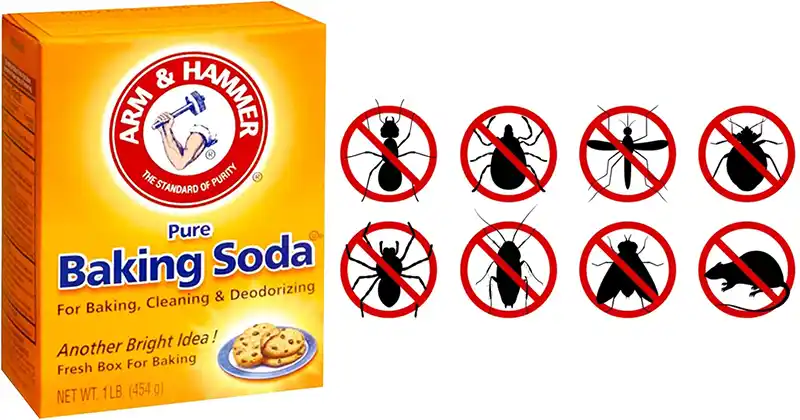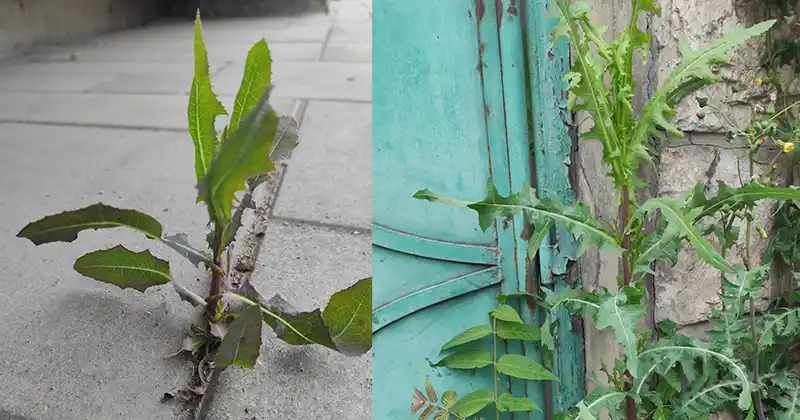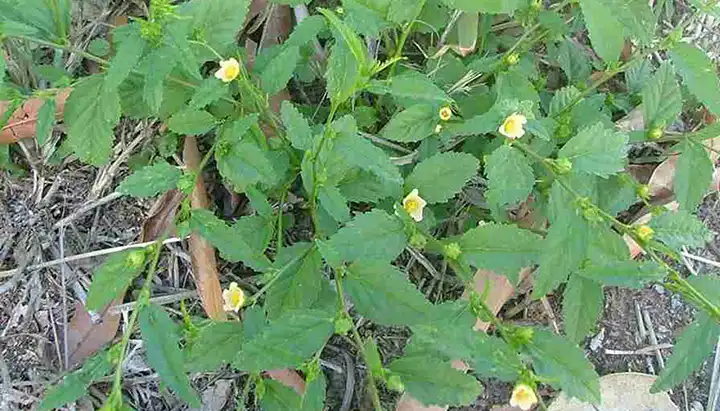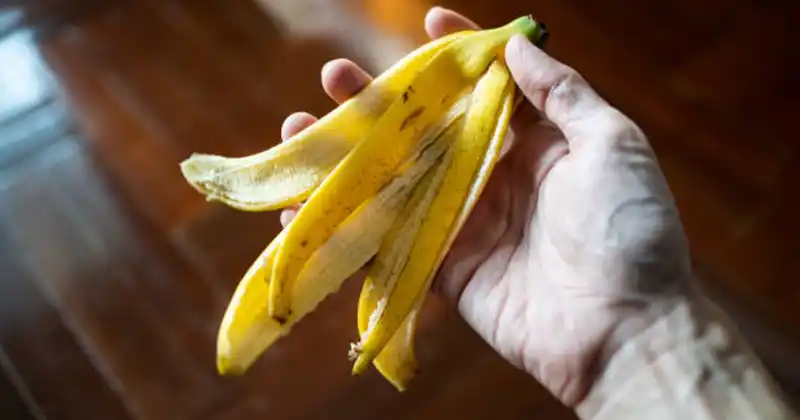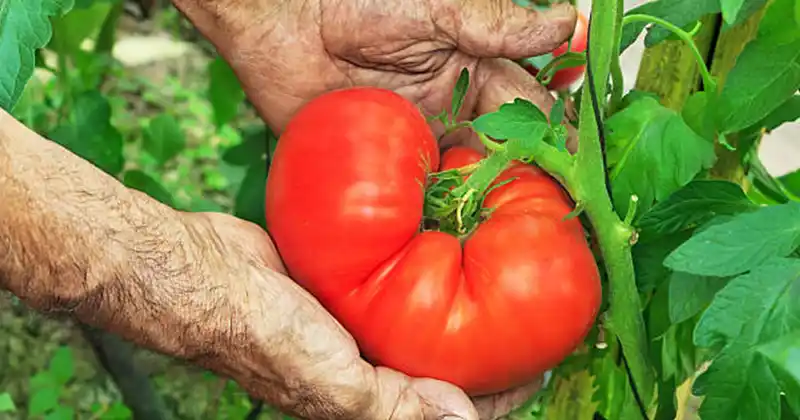Harnessing the Power of Baking Soda in Organic Gardening
In the world of organic gardening, achieving a bountiful harvest without the use of harsh chemicals is a common goal shared by many. Among the myriad of natural solutions employed by gardeners around the globe, baking soda emerges as a standout ally. This household staple, known scientifically as sodium bicarbonate, offers a safe, effective, and economical approach to nurturing plants and combating common garden ailments.
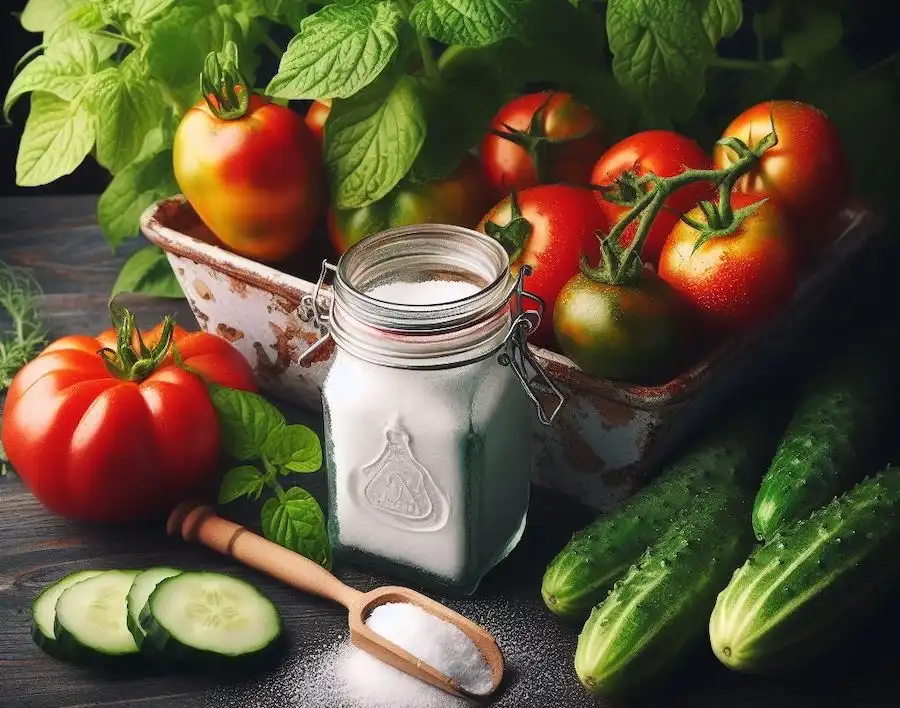
Why Baking Soda?
Baking soda’s appeal lies in its simplicity and versatility. Safe for both humans and plants, it serves as an organic warrior against a range of gardening challenges, from disease prevention to pest control. Its alkaline nature helps in neutralizing acidic soil conditions, enhancing plant health, and improving the taste of fruits and vegetables, particularly tomatoes.
The Multifaceted Benefits of Baking Soda in the Garden
- Disease Prevention: Baking soda is particularly effective against fungal diseases like potato blight, a notorious menace that can devastate crops. By creating an alkaline environment on plant leaves, baking soda inhibits the growth of fungal cells, thus protecting your garden from outbreaks.
- Pest Repellent: The application of baking soda deters various insects, safeguarding plants without the need for chemical pesticides. This non-toxic approach maintains the ecological balance of your garden while keeping pests at bay.
- Enhanced Plant Health: Regular use of baking soda solutions can strengthen plants, making them more resilient to environmental stressors such as temperature fluctuations and diseases. It also helps in producing sweeter-tasting tomatoes and more vibrant foliage.
Crafting the Perfect Baking Soda Solution
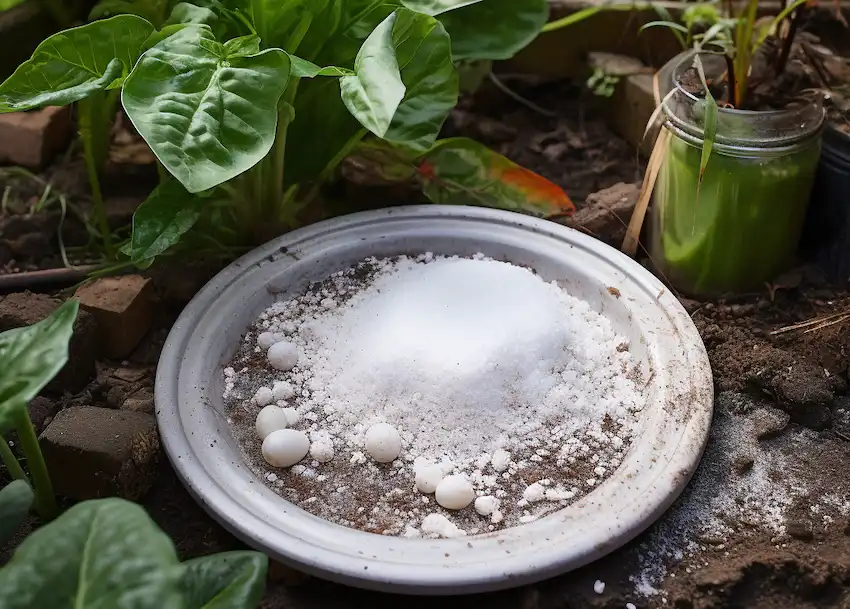
To leverage the benefits of baking soda in your garden, a balanced solution is key. Here’s a simple, effective recipe:
- Mix 1 tablespoon of baking soda with 4 liters (approximately 1 gallon) of water.
- Add a few drops of organic soap to help the solution adhere to plant surfaces. Ensure the soap is natural, such as one made from goat’s milk and plants, to avoid chemical contamination.
- Incorporate 1 tablespoon of quality vegetable oil to enhance the mixture’s efficacy.
Shake well before use, and apply to plants, covering all surfaces thoroughly. This solution is not only effective but also environmentally friendly, aligning with the principles of organic gardening.
Preventive Measures: Beyond the Spray
While spraying with baking soda solution is beneficial, the foundation of disease and pest management lies in preventive care. Here are some additional steps to fortify your garden:
- Soil Contact: Ensure that the lower leaves of plants, such as tomatoes, do not touch the soil to prevent fungal spores from transferring to the foliage.
- Proper Tying: Avoid using organic ropes for staking plants, as they can harbor fungi. Opt for plastic ropes, which do not facilitate the spread of diseases.
Timing Matters
The effectiveness of baking soda treatments can be influenced by weather conditions. For best results, apply the solution during overcast conditions or in the evening to avoid potential leaf burn under direct sunlight.
A Sustainable Choice
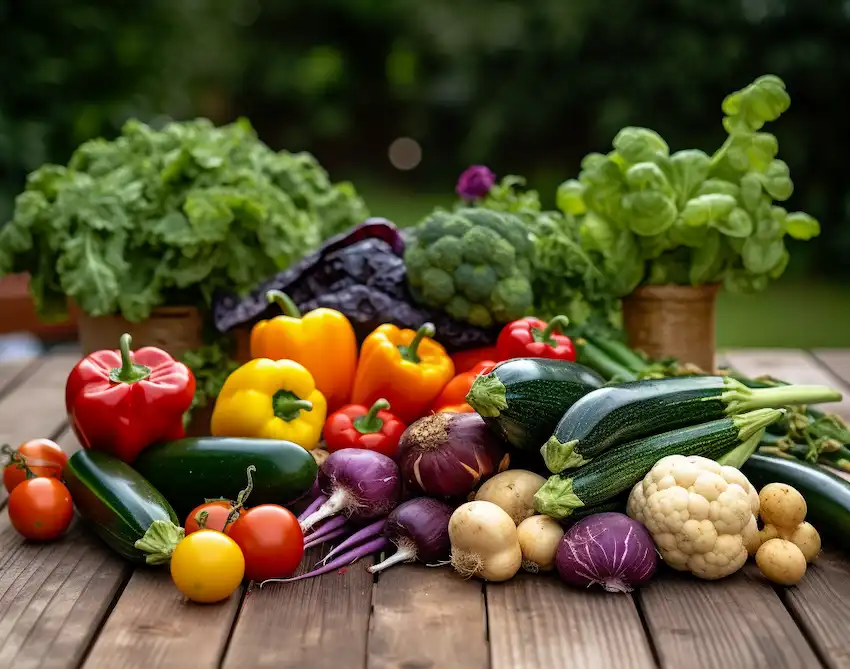
Embracing baking soda as a part of your gardening regimen not only reflects a commitment to sustainability but also empowers you to produce healthier, more robust plants. As we continue to seek harmony with nature, the integration of simple, natural solutions like baking soda into our gardening practices offers a path toward a more sustainable and fruitful gardening experience.
Remember, the essence of organic gardening lies in working with nature, not against it. By adopting these practices, you not only contribute to the health of your garden but also to the well-being of the planet.
Happy gardening!
